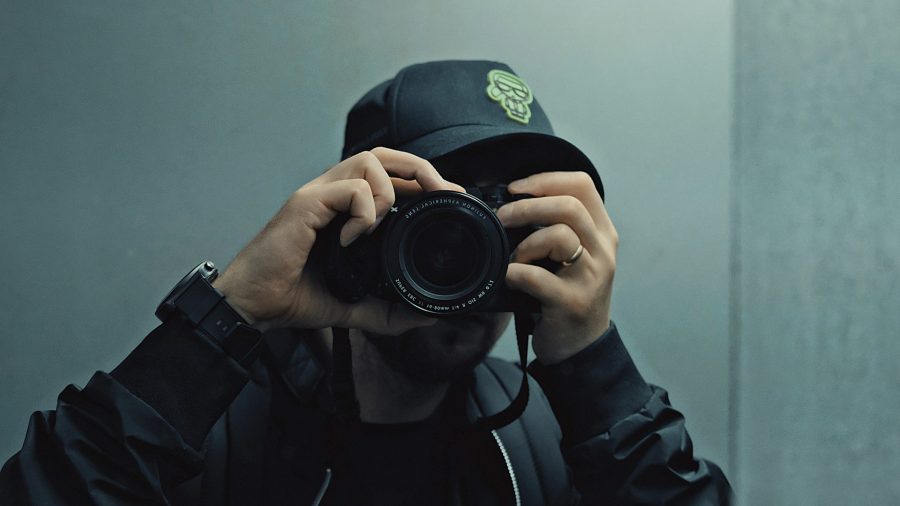Should you confront him or her with your suspicions? Should you instead call a friend to ask for advice? Perhaps it’s best to consider visiting a family lawyer or a counsellor and discussing your problems? Having dealt with cheating partners for over 40 years, we advise against taking any of the above courses of action straight away when suspicions first arise.
Immediate Confrontation Risks and Deception Patterns
The problem with cheaters is that deception is often a pattern of behaviour. If your significant other is lying to you about his or her fidelity, it’s likely there are other lies being told as well and this dishonesty may continue during and even after a breakup. This deceit has the potential to create serious problems for you in the future.
For example, your partner may lie to other people, including friends or family, about who was responsible for the infidelity or the breakup. If you have children, the other parent may lie to a court about the nature of care you provide. A deceptive spouse or de facto partner might hide assets and conceal income. Evidence might even be fabricated to make it look like you have committed a crime or you might be subjected to identity theft. In a worst-case scenario, a violent partner might attack you or your children once his or her cheating has been uncovered.
If you suspect your partner of wrongdoing, reacting logically and strategically will lower the risk that you’ll be subjected to any of the pitfalls mentioned above. While it may be the natural, emotional response to lash out at your partner and demand the truth, it’s preferable to play the long game. If you can conceal your suspicions and your intentions, you have the opportunity to find out the truth and seek the help of experts to minimise the risks from a partner, if he or she turns out to be malicious during a separation.
Seeking Counsel: Wise Steps in Times of Doubt
The first thing you should do therefore, if you suspect your partner of cheating or of any type of serious wrongdoing, is to stay silent and maintain discretion. You should decide if the evidence you have of infidelity is sufficient for your current and future purposes. In no fault jurisdictions like Australia, you don’t need evidence of cheating for divorce however, in some circumstances it can be useful to get proof and/or to identify the other person your partner is seeing.
If you can’t decide whether you have enough evidence or whether you want to separate, you should carefully seek advice from a counsellor, a friend, and/or a private investigator – a counsellor can help you make decisions at emotional points in your life, a friend can be a great sounding board and private eyes are experts at gathering evidence. If you have already decided that you will likely need to separate and you want to check your legal rights and responsibilities, it’s sensible to carefully seek advice from a family lawyer.

You need to be careful about the way you seek help. If your partner has spyware on any of your mobile devices, a GPS tracker on your vehicle, access to your email or an investigator following you, then your intentions will be discovered as soon as you travel to a counsellor’s office or call a family lawyer or email a private investigator. These are not the only ways you can be monitored by a wary partner.
The safest way to seek help in the first instance is to visit a trusted friend or relative, preferably one your partner does not have much contact with, leave your mobile devices out of earshot and get your acquaintance to help you make inquiries with a service provider such as a counsellor, investigator or lawyer. If you have been subjected to any criminal behaviour, you may also need to contact the police however law enforcement is often a very blunt instrument so it is preferable to discuss any such concerns with a lawyer first.
The Role of a Skilled Private Investigator
In addition to getting proof of cheating, a skilled private investigator can get evidence of your partner’s assets and income, help you document any improper conduct towards any children and manage the risks of identity fraud. A private investigator, possibly with the help of a security professional and a digital forensics expert, can determine whether your phone, vehicle or email is compromised and help you ensure your have a safe way to communicate. A lawyer can advise you how to protect your interests in the course of a separation and can represent you in family court.
It is preferable to have all the advice and evidence in place before your partner becomes aware that you know what has been going on, especially if your partner is vindictive, greedy or dangerous. In fact, you may be able to prepare everything before you make your partner aware. For those with limited financial means, there are services available such as legal aid and women’s shelters.
Deciding Your Path: Staying or Leaving After Infidelity
Some people decide to stay with their partner after proven incidents of infidelity. Ultimately, it is your responsibility to decide whether you want to stay with your partner but, if you decide to leave, you should do it carefully and strategically to limit the risk to you, your assets, your children and your future.



